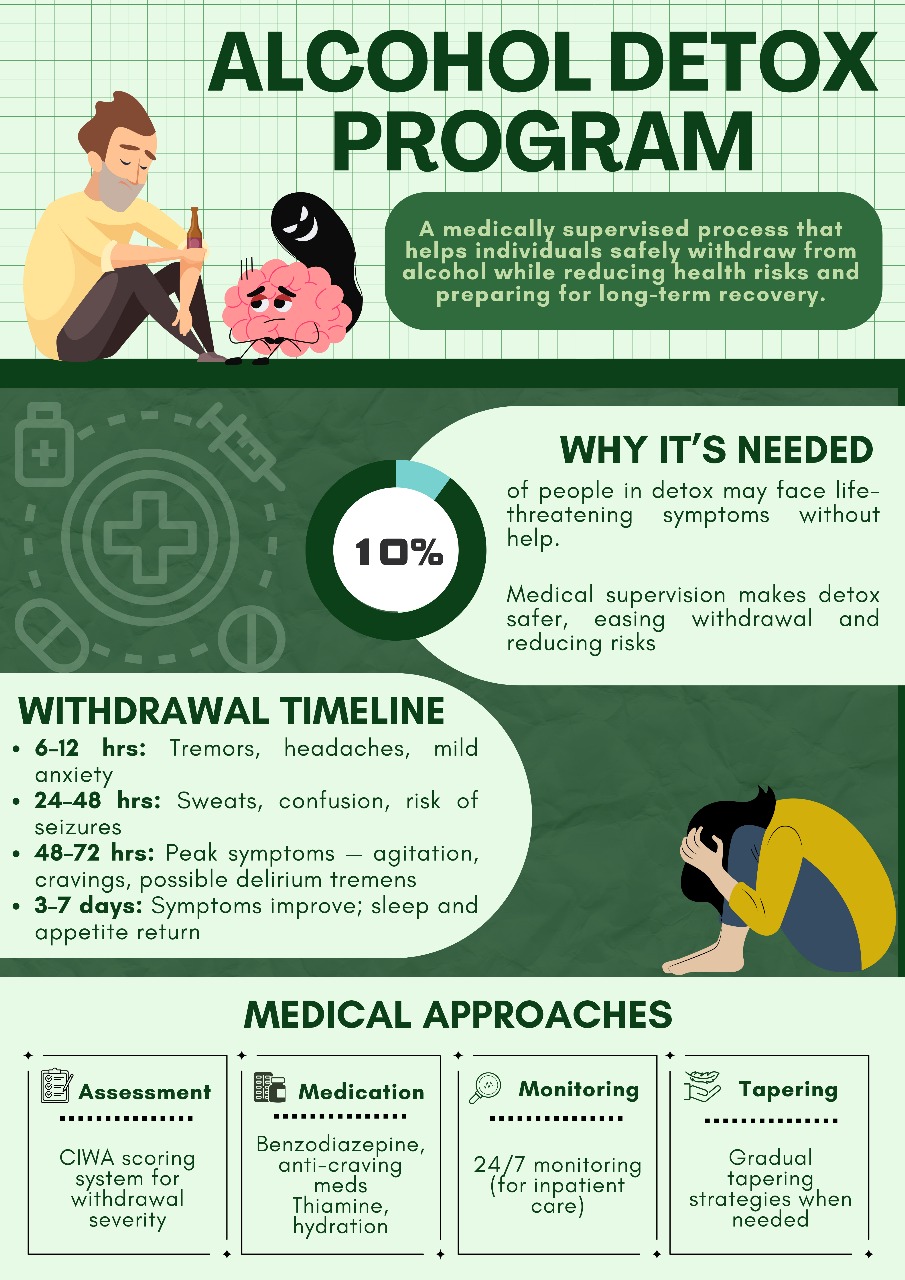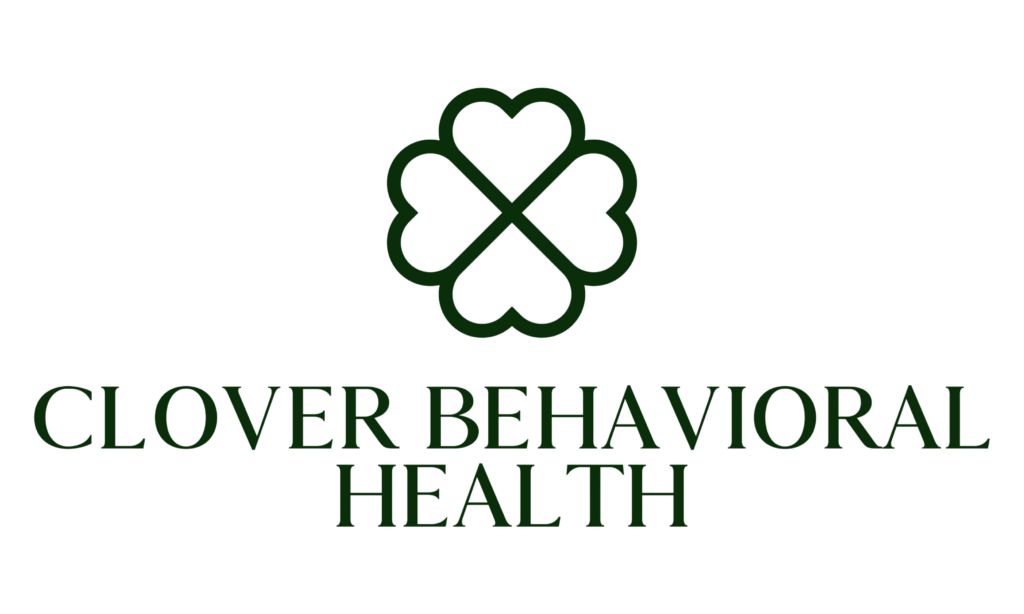Alcohol Detox in Dracut MA: How Childhood Emotional Neglect Predicts Adult Cravings
In Mexican folklore, La Llorona wanders rivers at night, weeping for children she can never find. The Weeping Woman. Her cries echo through darkness, searching for what she lost. What can never be recovered.
It’s just a story parents tell to keep kids from wandering too close to water after dark. What remains, though, is that some losses never go away. You end up spending your entire life searching for what you needed but never got.
Sometimes that search leads straight to a bottle.
In Dracut, people walk past you every day carrying invisible absences. Not trauma that leaves visible scars. Just… nothing. The parent who was physically there but emotionally gone. The childhood where your feelings didn’t quite matter enough. The years when you learned that what you needed was somehow too much to ask for.
Psychologists refer to it as Childhood Emotional Neglect. Studies have found it to be one of the strongest predictors of alcohol dependence in adulthood.
What Your Parents Didn’t Give You, Alcohol Promises It Will
This is the problem with emotional neglect. It’s not what happened to you. It’s what didn’t happen. The comfort that never came. The validation you never heard. The moment someone should have noticed you were struggling and didn’t.
You learned early: Don’t ask for too much. Handle it yourself. So you did. You became self-sufficient. Responsible. People probably call you strong. Someone who has it all together.
And inside? You’ve been trying to fill a space that’s been empty since before you could name it.
According to NIH, people who experienced emotional neglect struggle to feel joy as adults. Not depressed exactly. Just flat. Gray. Going through motions. Until you discovered alcohol makes you feel something.
Warmth. Relief. For a few hours, the empty space fills. You feel like you imagine other people must feel all the time. Present, okay, almost normal. Then the next day arrives. The emptiness returns. And with it, the craving.
The Brain That Learned Not To Need
When you’re a child and your emotional needs go unmet repeatedly, your brain adapts. It has to. Your nervous system learns: Don’t expect support. Don’t trust that others will be there. Manage alone. Fast forward to adulthood. You’re functional. Successful, even. But underneath? Your nervous system is still running on those old settings. Still convinced that reaching out is pointless.
The Patterns That Predict The Pour
Perhaps, you have noticed it when you are alone. You hardly notice that old pain that has always been there. Except tonight it’s louder. All it takes is someone who asks about your health and hears the truth. Who do you call, though? You learned not to burden people. So you have a drink instead. It’s easier.
You’re not drinking to escape pain exactly. You’re drinking to feel something. Anything. Or to finally relax in a body that’s been tensed against disappointment since before you could walk.
Impulsive drinking. Foggy mornings. The defensiveness when someone suggests maybe it’s too much. These aren’t moral failings. They’re your nervous system trying to give itself what it never received.
When Detox Means Facing What Was Never There
Alcohol detox is difficult for those who experienced emotional neglect as children because it involves more than just quitting drinking.
You’re confronting the original emptiness the drinking was covering.
The physical withdrawal is rough.
Tremors, sweating, anxiety that makes your skin crawl.
However, beneath?
The emotional withdrawal is worse.

When the alcohol stops numbing things, you feel everything. The loneliness. The grief for the childhood you didn’t have. The shame of wanting connection you convinced yourself you didn’t need. As a result, people try to manage it all by themselves. Are they successful? No. It is like digging your own grave.
Why Dracut’s Detox Programs Get It
Quality alcohol detox understands that addiction grows in the spaces where emotional needs went unmet. At Clover Behavioral Health Center in Dracut, detox isn’t just about getting alcohol out. It’s about addressing why it got in there in the first place.
Medical Safety For The Body You’ve Been Ignoring
Alcohol withdrawal can be dangerous. Seizures. Blood pressure spikes. Symptoms that need real medical supervision. For people who spent childhoods learning to ignore their body’s signals, this level of care feels foreign. That’s okay. Learning to receive care is part of healing.
Trauma-Informed Care That Sees The Absence
Staff understand emotional neglect looks different than abuse. That you might not have “trauma” in the conventional sense, but you’re carrying something heavy. They recognize the signs: difficulty identifying emotions, resistance to asking for help, and minimizing your own needs.
Structure That Holds What You Couldn’t
Regular meals. Consistent sleep. Therapeutic groups at set times. For once, someone else is handling the framework. You don’t have to manage everything alone. You can finally focus on self-control while using evidence-based techniques taught at the facility.
Connection Without Performance
Group therapy. Individual counseling. Real human connection that doesn’t require you to have it all together first. It’s uncomfortable. It’s unfamiliar. Well, it’s exactly what your nervous system has been missing.
Take Your Next Step With Clover Behavioral Health Center
At Clover Behavioral Health Center, we understand that what brings you to detox isn’t just the drinking. It’s everything underneath. The emotional needs that went unmet. The loneliness you learned to carry alone.
Our alcohol detox program in Dracut provides the medical safety and genuine human connection your system needs to finally stand down. To stop managing everything alone.
The Weeping Woman wanders forever, searching for what she lost. But you? You get to stop searching at the bottom of a bottle. You get to find what you’ve been looking for in real connection and real healing.
Call us today at 978-216-7765 to book your first appointment. Let us give you what you should have received from the beginning: someone who shows up, someone who stays, someone who sees you.














